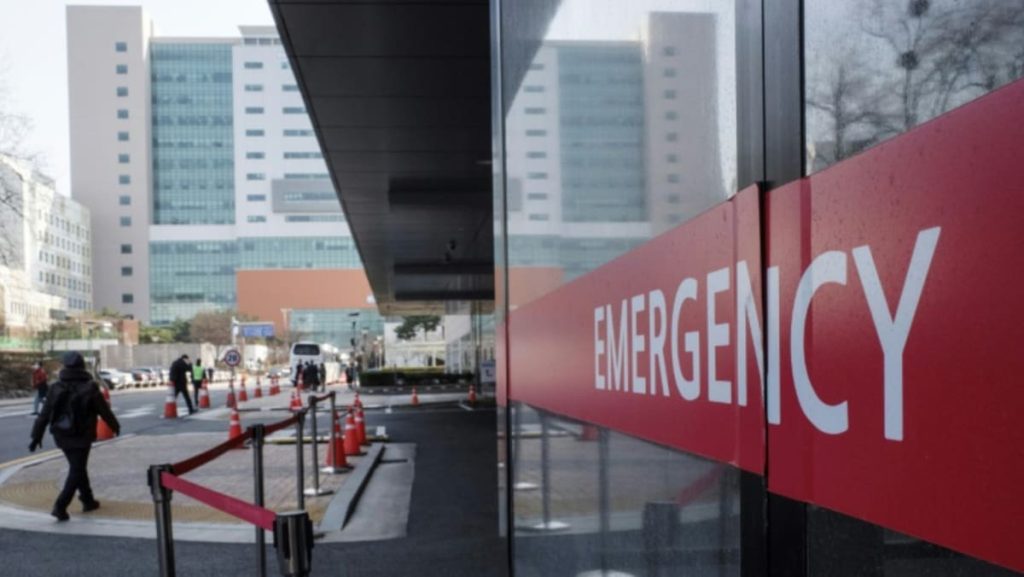hs ago that led to widespread disruptions in the country’s healthcare system.
The Korean Medical Association (KMA) criticized the government’s latest proposal, which includes measures to increase the number of medical school students and establish new public medical schools, as well as measures to allow for-profit hospitals to operate in the country.
The KMA argued that the new plan would worsen the existing inequalities in the medical system and harm the quality of care provided to patients. They emphasized the importance of maintaining the current system, which they believe gives patients access to high-quality medical care.
The KMA’s rejection of the government’s revised plan comes after a two-month strike by thousands of doctors across the country, who were protesting against the initial proposed reforms. The strike led to the cancellation of tens of thousands of surgeries and appointments, causing significant disruptions to patients and the healthcare system.
The government has defended its reform plan as necessary to address the shortage of doctors in the country and improve access to medical care, especially in rural areas. The Health Ministry has argued that allowing for-profit hospitals to operate in South Korea would increase competition and improve the overall quality of care.
The conflict between the government and doctors is ongoing, with both sides standing firm in their positions. The KMA is calling for further discussions and revisions to the reform plan, while the government maintains that its proposals are essential for the future of the country’s healthcare system. The future of healthcare in South Korea remains uncertain as both parties continue to debate and negotiate over the proposed reforms.


